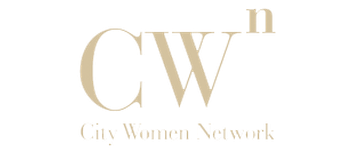Activity
Activity
- No activity.
